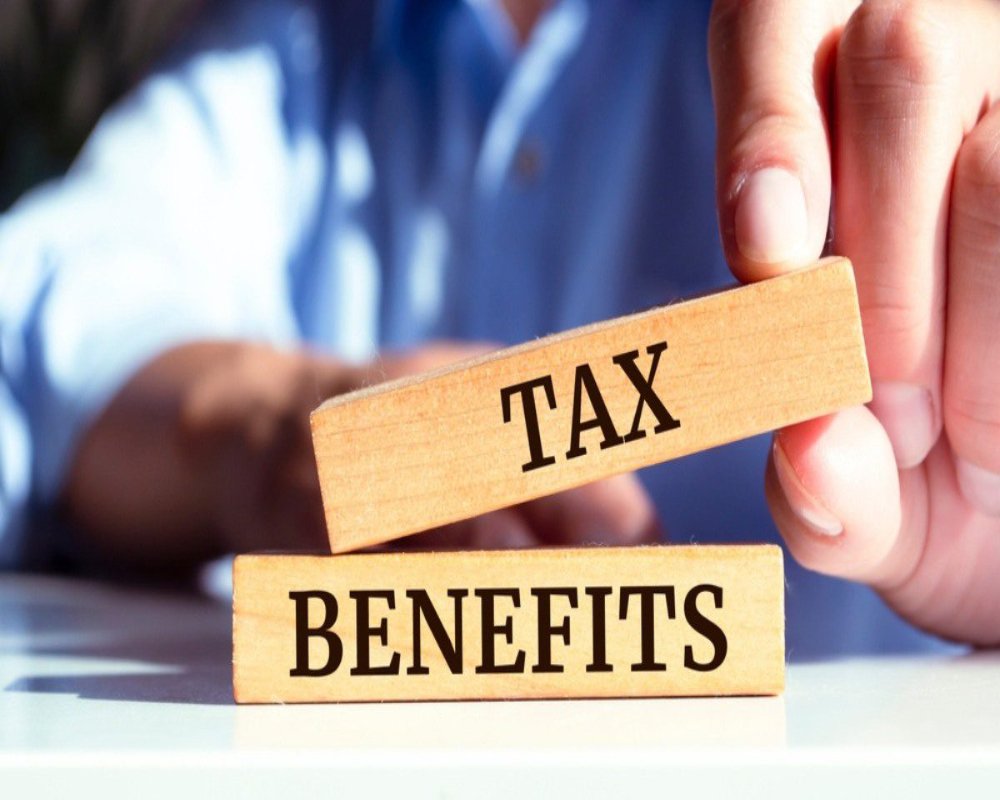Introduction
Ground lease transactions, where a landowner leases land to a tenant for long-term use while retaining ownership, offer multiple tax benefits that enhance the financial efficiency of the arrangement for both parties. These leases, commonly structured for 30 to 99 years, generate consistent income for the landowner and enable tenants to build and operate commercial facilities without purchasing the land outright. From rental income classification to deductible expenses, ground leases provide strategic tax planning opportunities. Understanding these tax advantages helps landowners and tenants optimize their returns while remaining compliant with regulatory frameworks.
Regular Rental Income Classification
For landowners, the primary benefit in a ground lease is the steady stream of rental income, which is typically classified as passive income for tax purposes. Unlike income from business operations or capital gains, rental income may be taxed at regular rates but can be offset by various deductions, resulting in a favorable net tax position. Passive income treatment helps reduce tax liability under specific thresholds or exemptions available in local tax codes.
Deductibility of Property Expenses
Ground lease tenants are often responsible for expenses such as property taxes, insurance, and maintenance. For the landowner, this means they are not incurring these costs directly, while the tenant may deduct them as operating expenses. These deductions lower the tenant’s taxable business income, making leasehold operations more tax-efficient. Tenants benefit by treating lease-associated costs as ongoing business expenditures.
No Depreciation Recapture for Landowners
Since land is not a depreciable asset, landowners in ground lease transactions are not subject to depreciation recapture taxes upon the termination or reversion of the lease. This simplifies tax calculations and reduces tax exposure when compared to selling a depreciated asset. It also aligns with long-term wealth preservation goals by avoiding capital recovery complexities.
Capital Gains Deferral Through 1031 Exchange (U.S. context)
In jurisdictions like the United States, landowners who enter into ground lease agreements instead of selling the land may defer capital gains tax by using strategies like the IRS Section 1031 like-kind exchange. This allows them to reinvest proceeds from a leasehold interest or a later sale into another qualifying property, deferring taxes on gains and maintaining capital efficiency.
Estate Planning and Wealth Transfer Efficiency
Ground lease income provides a structured, predictable cash flow that can be integrated into estate planning strategies. Landowners can transfer income rights or leasehold interest to heirs or trusts without transferring ownership of the land itself. This minimizes estate tax exposure while preserving generational control over valuable assets. Leasehold agreements can also be structured to support step-up in basis benefits, depending on jurisdictional rules.
Reduced Property Tax Burden for Landowners
In many regions, tenants assume the property tax liability as part of a triple-net lease structure, reducing the landowner’s tax obligations. Although the land remains in the owner’s name, the financial burden is transferred to the tenant, minimizing the landowner’s direct tax exposure while maintaining revenue inflows. This structure preserves net rental income at a higher level.
Lease Payment Deductions for Tenants
Ground lease tenants may deduct lease payments as ordinary business expenses over the lease term. This provides an ongoing reduction of taxable income and improves after-tax cash flow. In contrast to asset purchases, which are capitalized and depreciated over time, lease payments offer immediate tax relief within the operational accounting cycle.
Tax Stability Compared to Property Sales
Ground leases typically produce more tax stability for landowners than outright land sales, which can trigger significant capital gains tax events. By spreading income over decades, the lease model avoids large one-time tax bills and smoothens income reporting. This predictability supports long-term financial and tax planning, especially in high-value urban or commercial zones.
Potential for GST or VAT Input Credit (Jurisdiction Dependent)
In some jurisdictions where lease transactions are subject to Goods and Services Tax (GST) or Value-Added Tax (VAT), tenants may be able to claim input credits on taxes paid for lease transactions, construction services, or operational costs. This reduces the net tax payable and makes the lease model more attractive from a cash flow perspective.
Flexibility in Ownership Structures and Tax Entities
Ground leases can be executed through various legal structures—such as trusts, partnerships, or corporations—to suit the tax planning needs of landowners. Choosing the appropriate vehicle can help minimize tax liability, defer income, and improve post-tax yield. Tax professionals often use lease structures as part of broader asset management strategies.
Conclusion
Ground lease transactions offer a wide range of tax benefits that improve financial outcomes for both landowners and tenants. From income classification and deduction eligibility to estate planning and tax deferral strategies, these leases provide structured, long-term advantages. By carefully crafting lease terms and selecting appropriate legal and tax frameworks, stakeholders can maximize after-tax returns and create enduring financial value through land-based leasing.
Hashtags
#TaxBenefits #GroundLease #RealEstateInvesting #TaxStrategies #LeaseAgreement #PropertyInvestment #FinancialPlanning #RealEstateTax #InvestmentStrategies #TaxSavings #CommercialRealEstate #LeaseNegotiation #WealthBuilding #TaxIncentives #RealEstateFinance #AssetManagement #TaxConsulting #InvestmentOpportunities #RealEstateDevelopment #TaxPlanning




